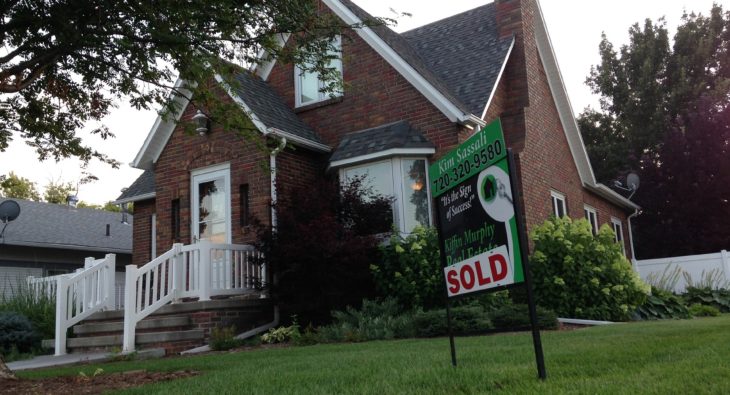Am I responsible for the difference in between the foreclosure sale price and the amount I owe the bank?
The difference in price being referred to here, is known as the “deficiency.” The rules do differ state to state on how the deficiency can be handled, however, across the board, whenever the total mortgage debt owed exceeds the foreclosure sale price, it leaves a “deficiency.”
In Nevada, the state has put some limits on how the bank is allowed to handle a deficiency. In order to collect the deficiency from the homeowner, the lender must have a “Deficiency Judgment” ordering the homeowner to pay. While it may be the case that the a Nevada homeowner becomes responsible for paying the deficiency, Nevada State Law outlines specific scenarios for when a deficiency judgment is actually allowed, and how much it can seek. First and foremost, a deficiency judgment is not allowed in Nevada if any of the following apply:
- The mortgage lender is a financial institution
- The loan is a purchase-money loan that has not been refinanced
- The foreclosed property is a single-family home owned by the borrowers at the time of the foreclosure sale
- The borrowers have continuously occupied the property as their principal residence after getting the loan
- The loan was obtained on or after October 1, 2009
Secondly, if the mortgage lender is within it’s rights to seek a Deficiency Judgment, it must first have the amount of the deficiency approved by the court. In Nevada, this amount is not necessarily the entire difference between the total debt owned and the foreclosure sale price. If the foreclosed sale price was actually higher than the fair market value of the home, then the borrower will only need to pay the difference between their total mortgage debt owned and that value. In order to calculate a fair market value on the property, the court will appoint an appraiser and hold a hearing to reach a final deficiency judgment.
If you are worried you may be facing a foreclosure it’s never too early to discuss your specific situation with an experienced foreclosure attorney. Contact our office at (702) 998-1188, info@ljlawlv.com, or schedule a consultation online.
For more information regarding foreclosure and other frequently asked questions, check out our Foreclosure Blog, and Foreclosure Defense TV playlist on Youtube.

